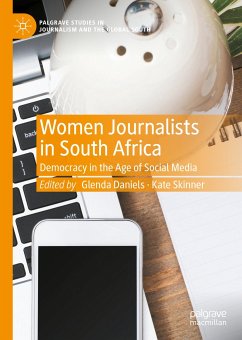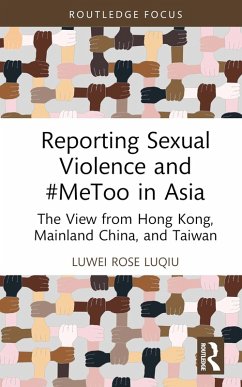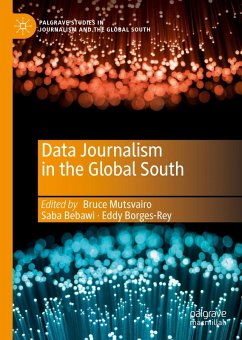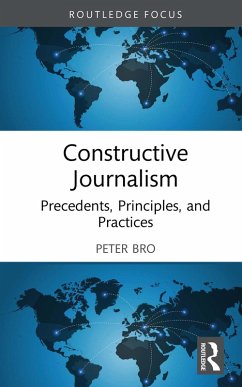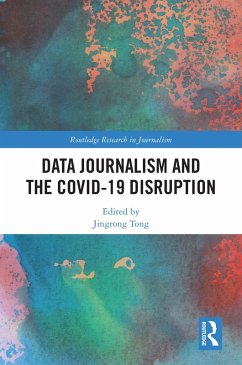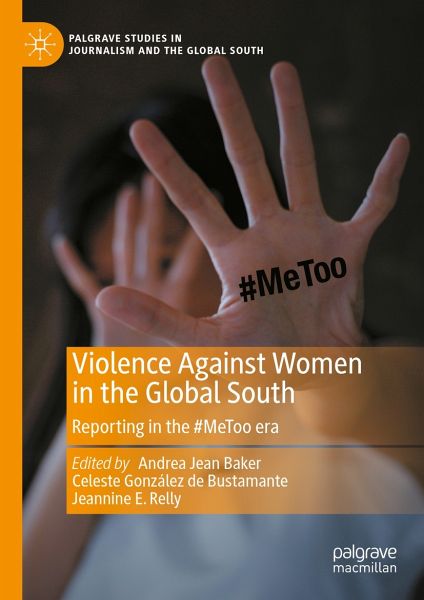
Violence Against Women in the Global South (eBook, PDF)
Reporting in the #MeToo era
Redaktion: Baker, Andrea Jean; Relly, Jeannine E.; González De Bustamante, Celeste
Versandkostenfrei!
Sofort per Download lieferbar
104,95 €
inkl. MwSt.
Weitere Ausgaben:

PAYBACK Punkte
52 °P sammeln!
Bringing together 14 journalism scholars from around the world, this edited collection addresses the deficit of coverage of violence against women in the Global South by examining the role of the legacy press and social media that report on and highlight ways to improve reporting. Authors investigate the ontological limitations which present structural and systemic challenges for journalists who report on the normalization of violence against women in country cases in Argentina; Brazil; Mexico; Indonesia; Kenya, Nigeria, South Africa; Egypt; Libya, Syria, and Yemen. Challenges include patriarc...
Bringing together 14 journalism scholars from around the world, this edited collection addresses the deficit of coverage of violence against women in the Global South by examining the role of the legacy press and social media that report on and highlight ways to improve reporting. Authors investigate the ontological limitations which present structural and systemic challenges for journalists who report on the normalization of violence against women in country cases in Argentina; Brazil; Mexico; Indonesia; Kenya, Nigeria, South Africa; Egypt; Libya, Syria, and Yemen. Challenges include patriarchal forces; gender imbalance in newsrooms; propaganda and censorship strategies by repressive, hyper-masculine, and populist political regimes; economic and digital inequities; and civil and transnational wars. Presenting diverse conceptual, methodological, and empirical chapters, the collection offers a revision of existing frameworks and guidelines and aims to promote more gender-sensitive, trauma-informed, solutions-driven, and victim or survivor centered reporting in the region.
Dieser Download kann aus rechtlichen Gründen nur mit Rechnungsadresse in A, B, BG, CY, CZ, D, DK, EW, E, FIN, F, GR, HR, H, IRL, I, LT, L, LR, M, NL, PL, P, R, S, SLO, SK ausgeliefert werden.



